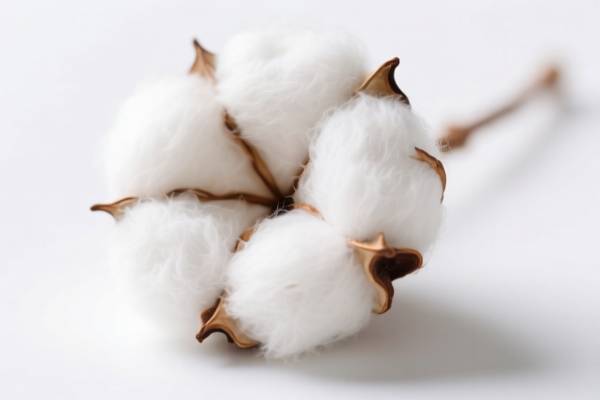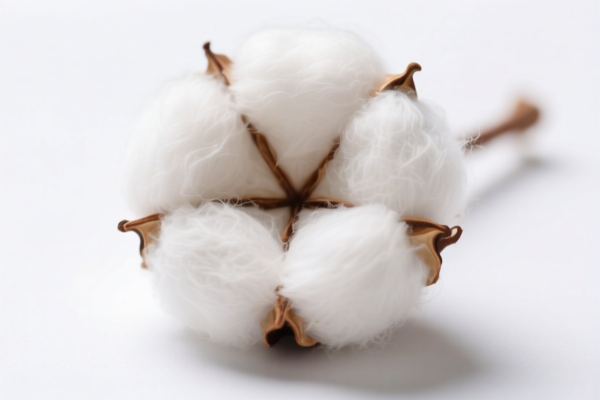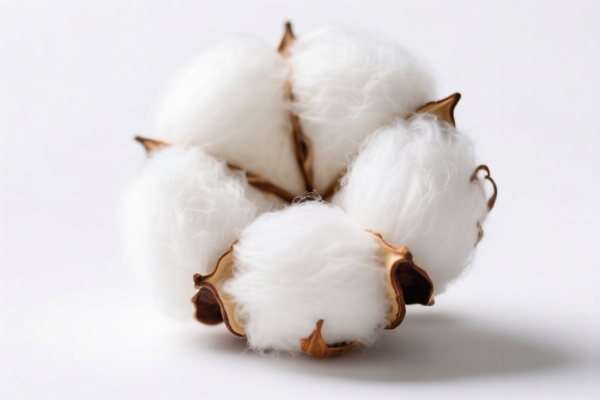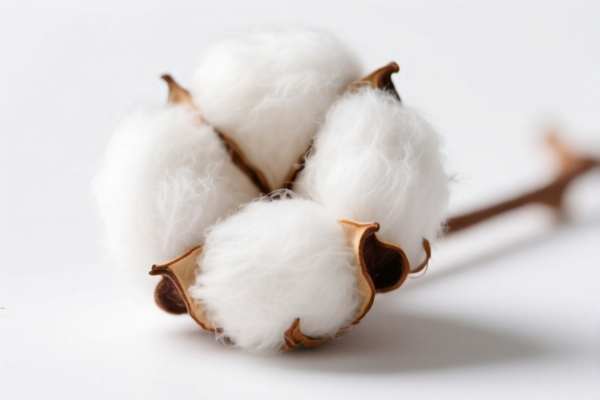| HS Code | Official Doc | Tariff Rate | Origin | Destination | Effective Date |
|---|---|---|---|---|---|
| 5305000000 | Doc | 55.0% | CN | US | 2025-05-12 |
| 4706100000 | Doc | 55.0% | CN | US | 2025-05-12 |
| 1404200000 | Doc | 55.0% | CN | US | 2025-05-12 |




Customs Compliance Analysis for Cotton Fibers (Paper Making Grade)
1. Product Classification Overview
You have provided three different HS codes that may be relevant to cotton fibers used in paper making. However, based on the product description and HS code provided, the most accurate classification for cotton fibers (paper making grade) is likely HS Code 5305000000, which covers vegetable textile fibers (including cotton) that are not spun, such as tow, noils, and waste.
2. HS Code Breakdown and Tax Rates
HS Code: 5305000000
Description:
- Coconut, abaca (Manila hemp or Musa textilis Nee), ramie and other vegetable textile fibers, not elsewhere specified or included, raw or processed but not spun; tow, noils and waste of these fibers (including yarn waste and garnetted stock)
Tariff Details: - Base Tariff Rate: 0.0% - Additional Tariff: 25.0% - Special Tariff after April 11, 2025: 30.0% - Total Tariff: 55.0%
⚠️ Important Note: The 30.0% additional tariff applies after April 11, 2025. Ensure your import timeline is aligned with this policy change.
3. Other Relevant HS Codes (for Reference)
HS Code: 4706100000
Description:
- Cotton linters pulp
Tariff Details: - Base Tariff Rate: 0.0% - Additional Tariff: 25.0% - Special Tariff after April 11, 2025: 30.0% - Total Tariff: 55.0%
⚠️ This code is for cotton linters pulp, which is a by-product of cotton processing, not the same as cotton fibers used in paper making.
HS Code: 1404200000
Description:
- Vegetable products not elsewhere specified or included: Cotton linters
Tariff Details: - Base Tariff Rate: 0.0% - Additional Tariff: 25.0% - Special Tariff after April 11, 2025: 30.0% - Total Tariff: 55.0%
⚠️ This code is for cotton linters, which are not the same as cotton fibers used in paper making. They are typically used in textile or chemical industries.
4. Key Considerations for Customs Compliance
- ✅ Verify the exact product description: Ensure the product is cotton fibers (paper making grade) and not cotton linters or pulp.
- ✅ Check the material specifications: Confirm whether the fibers are raw, processed but not spun, or waste (e.g., tow, noils).
- ✅ Confirm the unit of measurement: Customs may require weight or volume for accurate classification.
- ✅ Check for required certifications: Some countries may require origin certificates, product standards, or environmental compliance documents.
- ✅ Monitor the April 11, 2025, tariff change: If your import is scheduled after this date, the 30.0% additional tariff will apply.
5. Proactive Advice
- Double-check the HS code with a customs broker or classification service to avoid misclassification.
- Keep documentation ready: Include product specifications, certifications, and invoices to support your classification.
- Plan for the 2025 tariff increase: If your import is scheduled after April 11, 2025, budget accordingly for the 30.0% additional tariff.
6. Summary Table
| HS Code | Description | Base Tariff | Additional Tariff | Special Tariff (after 2025.4.11) | Total Tariff |
|---|---|---|---|---|---|
| 5305000000 | Vegetable textile fibers (not spun) | 0.0% | 25.0% | 30.0% | 55.0% |
| 4706100000 | Cotton linters pulp | 0.0% | 25.0% | 30.0% | 55.0% |
| 1404200000 | Cotton linters (vegetable products) | 0.0% | 25.0% | 30.0% | 55.0% |
If you provide more details about the material composition, processing, and intended use, I can help you further refine the classification.
Customs Compliance Analysis for Cotton Fibers (Paper Making Grade)
1. Product Classification Overview
You have provided three different HS codes that may be relevant to cotton fibers used in paper making. However, based on the product description and HS code provided, the most accurate classification for cotton fibers (paper making grade) is likely HS Code 5305000000, which covers vegetable textile fibers (including cotton) that are not spun, such as tow, noils, and waste.
2. HS Code Breakdown and Tax Rates
HS Code: 5305000000
Description:
- Coconut, abaca (Manila hemp or Musa textilis Nee), ramie and other vegetable textile fibers, not elsewhere specified or included, raw or processed but not spun; tow, noils and waste of these fibers (including yarn waste and garnetted stock)
Tariff Details: - Base Tariff Rate: 0.0% - Additional Tariff: 25.0% - Special Tariff after April 11, 2025: 30.0% - Total Tariff: 55.0%
⚠️ Important Note: The 30.0% additional tariff applies after April 11, 2025. Ensure your import timeline is aligned with this policy change.
3. Other Relevant HS Codes (for Reference)
HS Code: 4706100000
Description:
- Cotton linters pulp
Tariff Details: - Base Tariff Rate: 0.0% - Additional Tariff: 25.0% - Special Tariff after April 11, 2025: 30.0% - Total Tariff: 55.0%
⚠️ This code is for cotton linters pulp, which is a by-product of cotton processing, not the same as cotton fibers used in paper making.
HS Code: 1404200000
Description:
- Vegetable products not elsewhere specified or included: Cotton linters
Tariff Details: - Base Tariff Rate: 0.0% - Additional Tariff: 25.0% - Special Tariff after April 11, 2025: 30.0% - Total Tariff: 55.0%
⚠️ This code is for cotton linters, which are not the same as cotton fibers used in paper making. They are typically used in textile or chemical industries.
4. Key Considerations for Customs Compliance
- ✅ Verify the exact product description: Ensure the product is cotton fibers (paper making grade) and not cotton linters or pulp.
- ✅ Check the material specifications: Confirm whether the fibers are raw, processed but not spun, or waste (e.g., tow, noils).
- ✅ Confirm the unit of measurement: Customs may require weight or volume for accurate classification.
- ✅ Check for required certifications: Some countries may require origin certificates, product standards, or environmental compliance documents.
- ✅ Monitor the April 11, 2025, tariff change: If your import is scheduled after this date, the 30.0% additional tariff will apply.
5. Proactive Advice
- Double-check the HS code with a customs broker or classification service to avoid misclassification.
- Keep documentation ready: Include product specifications, certifications, and invoices to support your classification.
- Plan for the 2025 tariff increase: If your import is scheduled after April 11, 2025, budget accordingly for the 30.0% additional tariff.
6. Summary Table
| HS Code | Description | Base Tariff | Additional Tariff | Special Tariff (after 2025.4.11) | Total Tariff |
|---|---|---|---|---|---|
| 5305000000 | Vegetable textile fibers (not spun) | 0.0% | 25.0% | 30.0% | 55.0% |
| 4706100000 | Cotton linters pulp | 0.0% | 25.0% | 30.0% | 55.0% |
| 1404200000 | Cotton linters (vegetable products) | 0.0% | 25.0% | 30.0% | 55.0% |
If you provide more details about the material composition, processing, and intended use, I can help you further refine the classification.
Customer Reviews
No reviews yet.